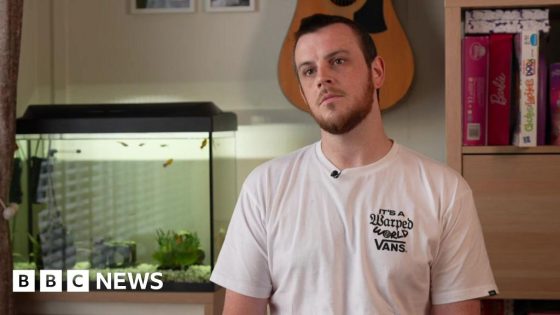Plans for Akon City, a $6 billion futuristic development in Senegal, have been abandoned by local authorities after years of delays and minimal progress. Initially announced in 2018, the project aimed to create a high-tech, eco-friendly city powered by renewable energy and Akon’s cryptocurrency, Akoin.
- Akon City project abandoned by authorities.
- Akon involved in African philanthropic ventures.
- Project faced funding and regulatory challenges.
- Local leaders disappointed by lack of progress.
- Future development plans under revised approach.
- Akon takes responsibility for project mismanagement.
Serigne Mamadou Mboup, head of Senegal’s tourism authority, confirmed the project’s discontinuation, stating, “The Akon City project no longer exists.” As of July 11, 2025, only an unfinished reception hall remains on the site, leading many to question the future of such ambitious developments in Africa.
The failure of Akon City raises critical questions about the viability of large-scale developments in emerging markets. How can similar projects avoid the pitfalls that plagued Akon City? Consider these points:
- High reliance on unproven cryptocurrencies can hinder project acceptance.
- Effective management and clear timelines are essential for success.
- Local engagement can drive better outcomes and community support.
As the landscape for urban development evolves, stakeholders must learn from these setbacks to create more viable, community-focused projects. Will future initiatives prioritize local needs and sustainable practices?
































